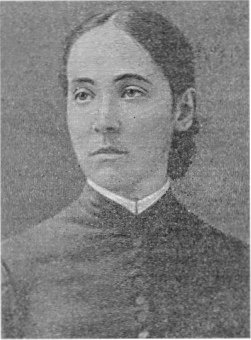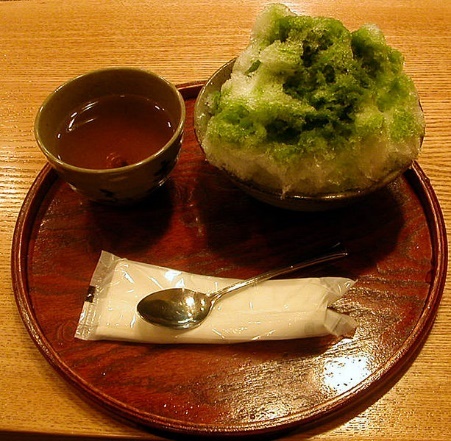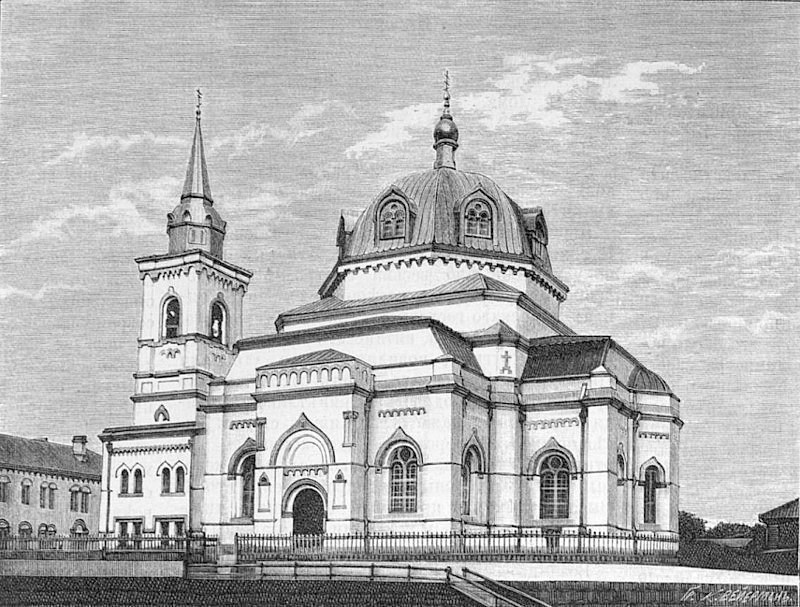
Social Relations
“Volya”
Activities
The community Bronisław Piłsudski socialized with after his arrival in Japan was centered around Russel, as well as the publishers of the revolutionary magazine of the Esers “Volya” and the Japanese graduates of Russian studies who worked with them and sympathized with socialism, which was becoming increasingly popular in Japan as well.
One of the publishers of “Volya” was Boris D. Orzhikh, whom Bronisław met while still in Vladivostok, a very involved activist of the Narodnaya Volya and a former prisoner of the Shlisselburg fortress, sentenced to deportation for an indefinite period, engaged in fruit farming and work for the Socialist-Revolutionary Party.
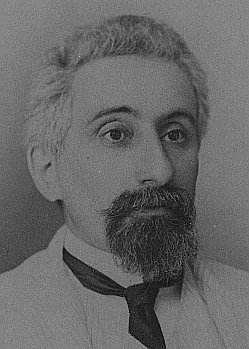
The second publisher and initially the main editor was V.K. Vadetskiy, a former captain of the rebellious Novokiev garrison in the Primorsky Krai (on the Amur), and a fugitive from Russia. Together with Russel, the three men constituted the so-called “Nagasaki group” which, by publishing the “Volya” magazine, were reaching to sailors on cruise ships in the Far East and through them to Vladivostok, which was closely watched by the Russian embassy and the Japanese police. Russel distributed propaganda among Russians in prisoner-of-war camps, intending to rearm them and send to fight against the tsar in Siberia, which he failed to do. However, after a while, there were disagreements between Orzhikh and Vadetskiy, and eventually the editors parted ways; Vadetskiy left for the USA, where Piłsudski met him later, while Orzhikh remained in Nagasaki.
The magazine was published until the end of 1907. Later on, Piłsudski caused the editors to collaborate with Chinese socialists active among university students in Tokyo. This matter is particularly important, because thanks to the constant contacts of the “Volya” editors with Chinese activists in Japan and Japanese socialists, the magazine also began to publish articles by Chinese and Japanese authors, making Russian socialists aware of the state of the society and the revolutionary movement in these countries.
Piłsudski himself continued to correspond with Russel for several more years, writing letters from his trip through the USA to Europe, as well as from Kraków, informing Russel about the “Robotnik”, “Czas”, and “Ameryka-Echo” periodicals, as well as the Jewish newspaper “Vorvärts” (all published in the USA), and providing the addresses of their editorial offices. These letters show that Piłsudski was mainly concerned with the situation of immigrants and the possibility of helping them arrange their new lives, rather than with purely party matters. Next letters to Russel Piłsudski sent from Galicia.
During the period when Piłsudski was assisting the editors in 1906, the Japanese newspaper “Nichi nichi shinbun” (Daily Newspaper) published an article on Russian emigrants and the issued by Russel “Japoniya i Rossiya” newspaper, posting photos of Vadetskiy, Orzhikh, and Piłsudski (in the 16th issue dated 25 January 1906).
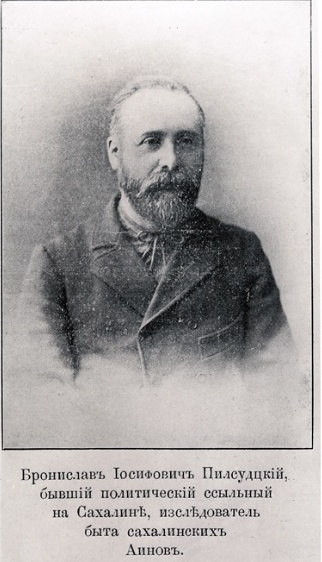
Piłsudski was strongly concerned about the negative consequences he would face upon his return to the Russian-occupied part of Poland because of this very photograph in the emigrants newspaper considered illegal, all the more so because until his departure from Japan he failed to recover his passport deposited in the editorial office of “Volya”. He was quite right on the latter point, as lack of his Russian passport prevented him from leaving Galicia after the outbreak of war in 1914, and he had to apply for an Austrian passport, which cost him a lot of effort.


